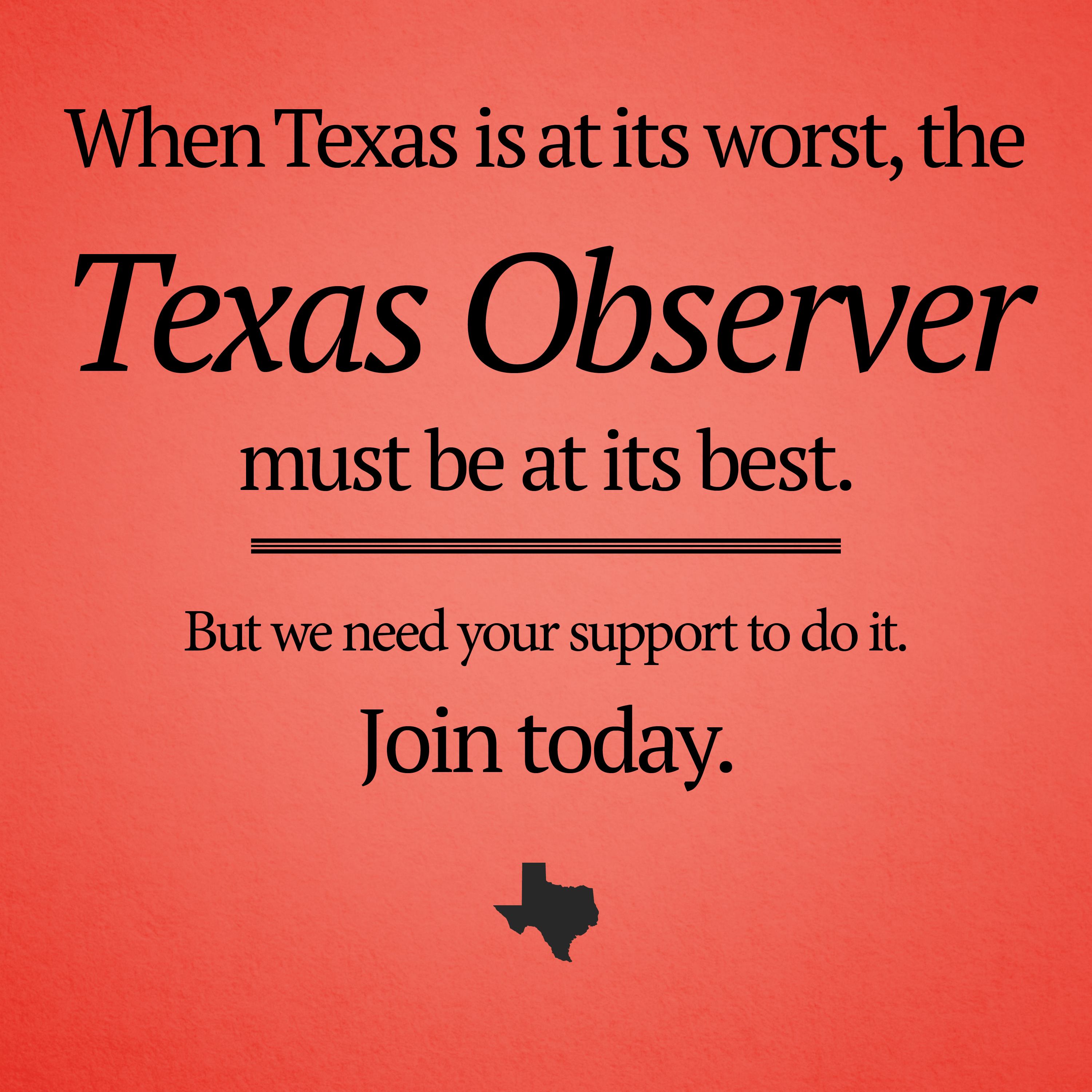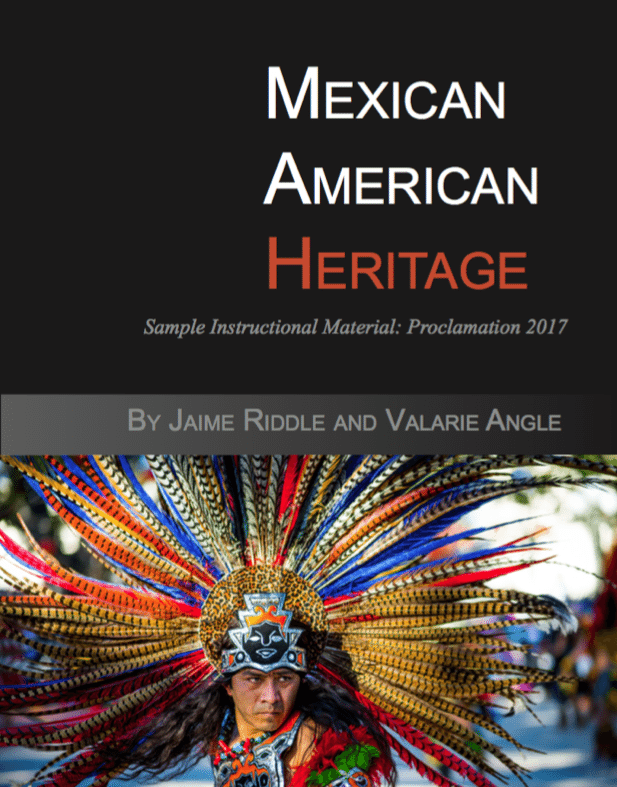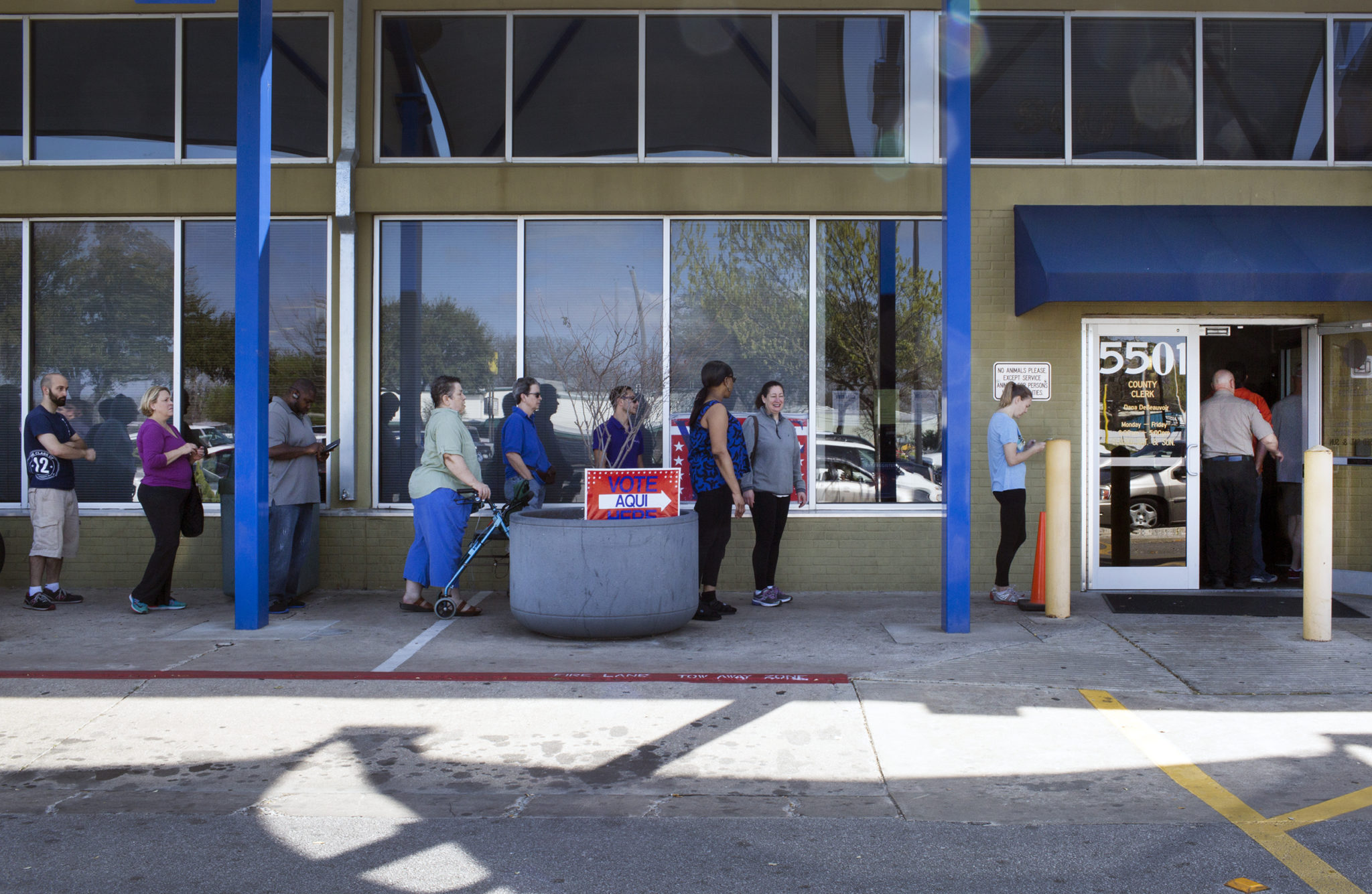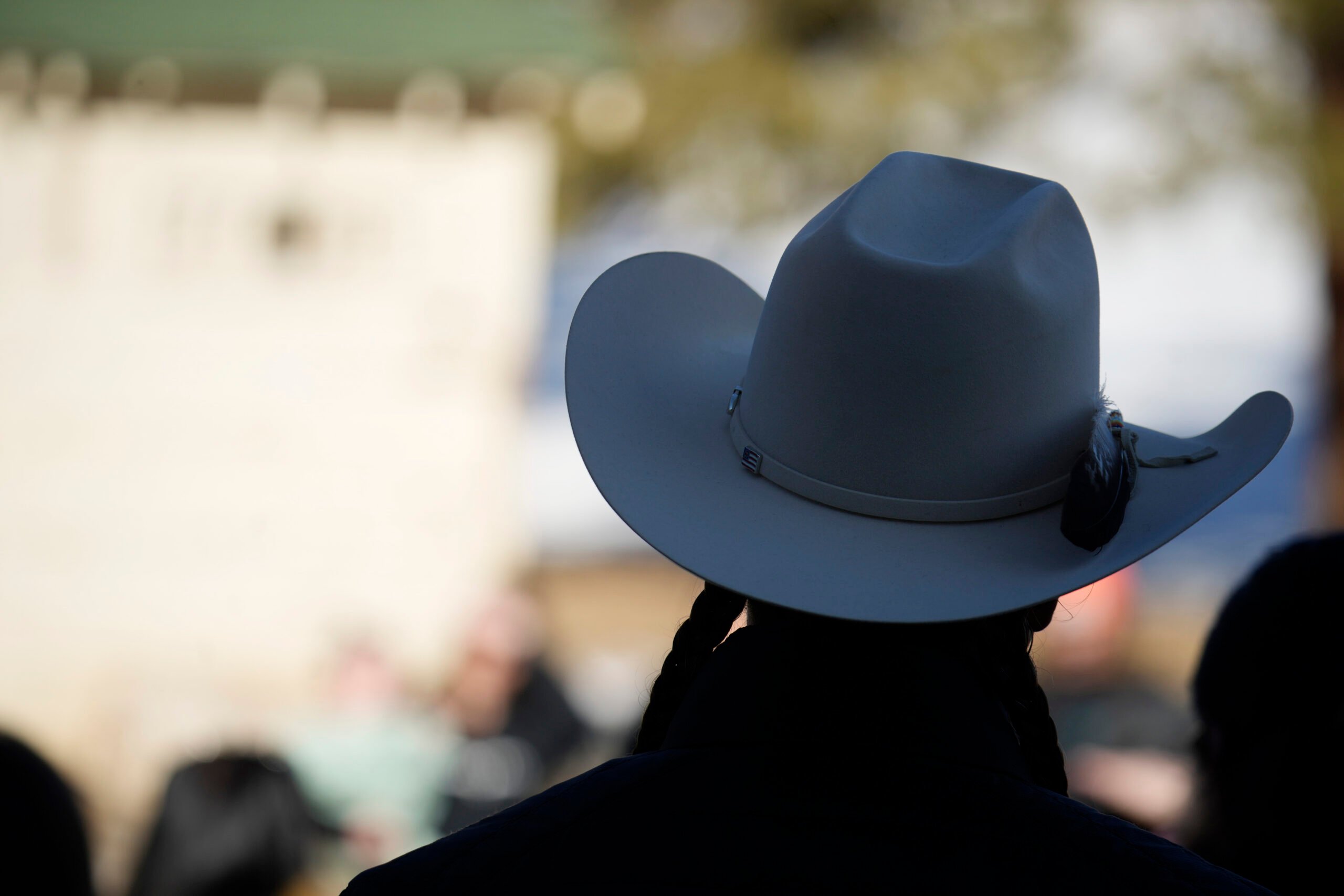
Abbott Appointee Slams Brakes on American Indian/ Native Studies Course
The course was getting a first read after years of review. Then, the chair of the state Board of Education said he needed more time to assess it without “drama or controversy.”
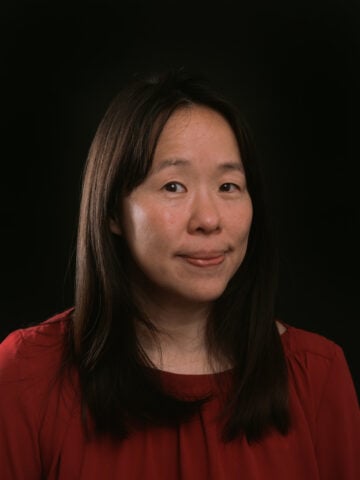
According to Texas’ fourth-grade social studies standards, Indigenous peoples from Texas, including the Lipan Apache, Comanches, and Caddo, exist only in the past tense. Students study their way of life when the tribal nations “lived” in the different regions of the state before Europeans arrived to “explore” the land.
These are but a few of the many misconceptions about American Indians that Kelly Tudor, a Lipan Apache, has found in Texas’ curricular standards, known as the Texas Essential Knowledge and Skills (TEKS).
“What’s taught about us is not from a cultural insider perspective, but from an outsider perspective, and it’s usually very biased. I’ve learned that I’ve had to break down all those false ideas first before students can hear you,” Tudor said.
Growing up, Tudor and her family had been called “Prairie N—.” School teachers called her family “stupid” when her sister attempted to correct false information about American Indians being taught from the textbook. Even after she became a curriculum consultant and Indigenous educator, teaching both young students and other teachers about American Indians, Tudor says she’s been asked if she lives in a tipi or if she uses electricity.
For the past four years, Tudor has been working with a committee of educators, professors, and members of 14 different Native Nations to develop the American Indian/Native Studies Ethnic Studies elective course for Texas’ public high school students.
“The American Indian Native studies course that we’ve developed is heavily focused on modern Indigenous people, both in Texas and beyond because we do still exist,” Tudor said. “We are contemporary people, are we still have our cultures and our languages and our traditions, and those still influence and inform who we are as people today. It’s important to understand that this isn’t just about history. When people only learn about our histories, they have no modern context to connect us to.”
Since the State Board of Education (SBOE) initiated the process in 2018, the course standards have received input from members of 24 Native Nations, and they’ve been piloted by Grand Prand Prairie ISD for the past three years. In August 2022, the course standards were to be adopted into the TEKS, but the process was derailed when a conservative backlash also forced the SBOE to delay updating the state’s social studies curriculum until 2025. The SBOE’s committee on instruction sent it to the full board in September, and this past November, SBOE members scheduled its first reading in January, on track for the course to be offered in the 2024-25 school year. But just days before the State Board of Education was to have its first reading during its meeting scheduled for this week, SBOE Chairman Aaron Kinsey, newly appointed by Governor Greg Abbott, pulled the item from the agenda.
Other SBOE members told the Texas Observer they’re concerned that approval of the course, which requires at least three board meetings and a public comment period, will not be completed in time to offer it to Texas students the next school year or that the process may be stalled indefinitely. Kinsey told members he needed more time to review the course and did not want “drama or controversy” at his first meeting as the board’s chair.
“It’s really not an acceptable excuse. There’s been plenty of time to review the standards and reach out to all those folks who have been working hard at this,” said Aicha Davis, SBOE representative of the Dallas-Fort Worth area. “I’m just extremely disappointed that this is another hurdle that’s been thrown at this process.”
Kinsey did not respond to the Observer’s request for comments. In December, Abbott appointed the first-year board member over others with more experience. In 2022, Kinsey campaigned to eliminate critical race theory from schools and called it “a rebranding of communism.” His extremist right-wing views have received the support of a whole host of school privatization financiers, like the white Christian nationalist Tim Dunn.
Board members and education advocates are concerned Kinsey’s first action as chair foreshadows further delays for the update of the social studies TEKS scheduled next year.
“If this is an indication of how history will be treated, then I know it will be tough when we review social studies courses next year,” Davis said.
The SBOE approved the Mexican-American Studies course in 2018 and the African-American Studies course in 2020. Both have been largely successful. In the 2022-23 school year, 79 Texas school districts offered the Mexican-American Studies course, enrolling 10,766 students. That same year, 67 school districts offered the African-American Studies course, enrolling 8,361 students.
Lanette Aguero, Grand Prairie ISD’s K-12 social studies facilitator who spearheaded the development of the American-Indian/Native Studies course, said the district’s students have embraced the class since they’ve offered it over the past three years.
“As students take the course, they want to learn more about their own histories. It prompts them to talk to their relatives and learn more, and get them to understand other students, as well as themselves,” Aguero said. “We want all of our students to be able to see themselves in history, and we don’t want anybody left out of the American story.”
For Tudor, this process is helping to bring to light the truth of what happened to her own tribal people—the Lipan Apache, who are commonly believed to have been wiped out. When the U.S. Army hunted the Lipan Apache, many started to claim they were Mexican for census records.
“But at home, we were speaking the language, practicing our traditions, having our ceremonies and even maintaining our government. And so in secret, we were still Apache, but in public, we were Mexican American,” Tudor said.
It wasn’t until the 1980s, after waves of American Indian self-determination movements, that members of the Lipan Apache started to feel safe to reclaim their identity in public. In 2009, the state government recognized the Lipan Apache as a Native Nation, but the federal government still has not. Tudor’s work as an Indigenous educator is unfinished, but she says she’s seen a change in how the public views American Indians.
“After almost a decade of teaching about Native people, I see the impact that it has on students, families, and the way people interact with Native people,” Tudor said. “You know, there’s a slow shift happening in the way that society sees us. And that’s because of education and the efforts of educators.”
